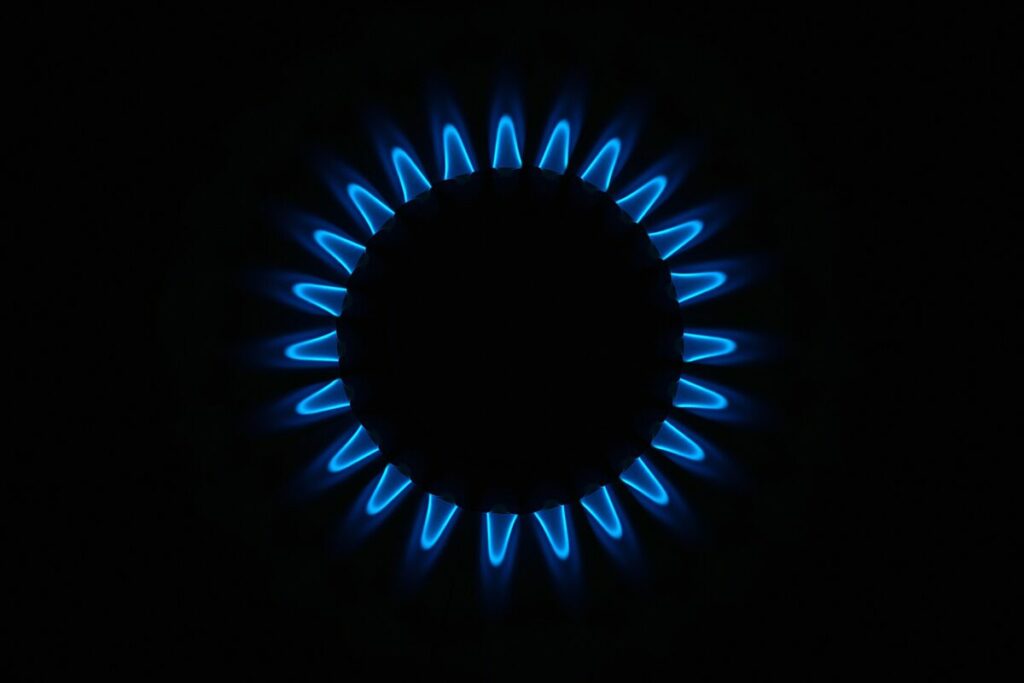The latest Cornwall Insight forecast saw the Default Tariff Cap (price cap) remain above the current level until the end of 2024.
Cornwall Insight stated that the UK’s increasing reliance on Liquified Natural Gas (LNG) has made the nation “particularly susceptible to disruptions to the LNG market.”
Previous predictions expected the cap to increase in January to £1,897.97 per year for a typical dual fuel household, primarily due to rising wholesale prices caused by Australian LNG production strikes, before falling below the current typical bill rate of £1,834 for the remainder of 2024.
The Q1 prediction has now risen by £25.36 to £1,923.33, with price cap predictions for the rest of the year jumping by 5-6% (£91-£110) since September predictions, remaining above the current price cap for the rest of the year ranging from £1,929 to £1,879.
Figure 1: Cornwall Insight’s Default Tariff Cap forecasts using new Typical Domestic Consumption Values (dual fuel, direct debit customer)

The market researcher listed a number of contributing factors to the increased prediction figure including disruptions to the Finnish Balticconnector, predominantly used for EU exports, the Israel-Hamas conflict, and continued industrial action at gas production facilities in Australia.
The Finnish Balticconnector was especially damaging, according to Cornwall Insight, as the disruption raised concerns over the potential to do similar damage elsewhere, causing increased market volatility in the global market which once again pushed prices up.
Both gas and electricity price per unit costs predictions have both risen for next year with the biggest increase appearing in Q2 2024, with cost predictions rising by 0.52p/kWh and 1.76p/kWh respectively.
Figure 2: Default Tariff Cap forecasts, Per Unit Costs and Standing Charge (dual fuel, direct debit customer)

“The jump in price cap predictions since September has once again highlighted the vulnerability of UK energy prices – and customer bills – to geopolitical events. The Russian invasion of Ukraine demonstrated there is a delicate balance in the global energy market which can easily be disrupted by unexpected events, it looks as though the current situation is repeating that pattern,” Dr Craig Lowrey, principal consultant at Cornwall Insight.
“The government needs to take steps to proactively limit the impact that such situations have on the UK’s energy market, and already stretched households, rather than reacting to events as they occur. Stop-gap measures such as social tariffs and one-off payments are helpful, but they are not a long-term solution.
“While the UK will never be entirely protected from global price increases, reducing the country’s reliance on imported energy and prioritising sustainable, domestically sourced energy will help protect the country from international energy shocks, and work to stabilise prices over the next decade.”





